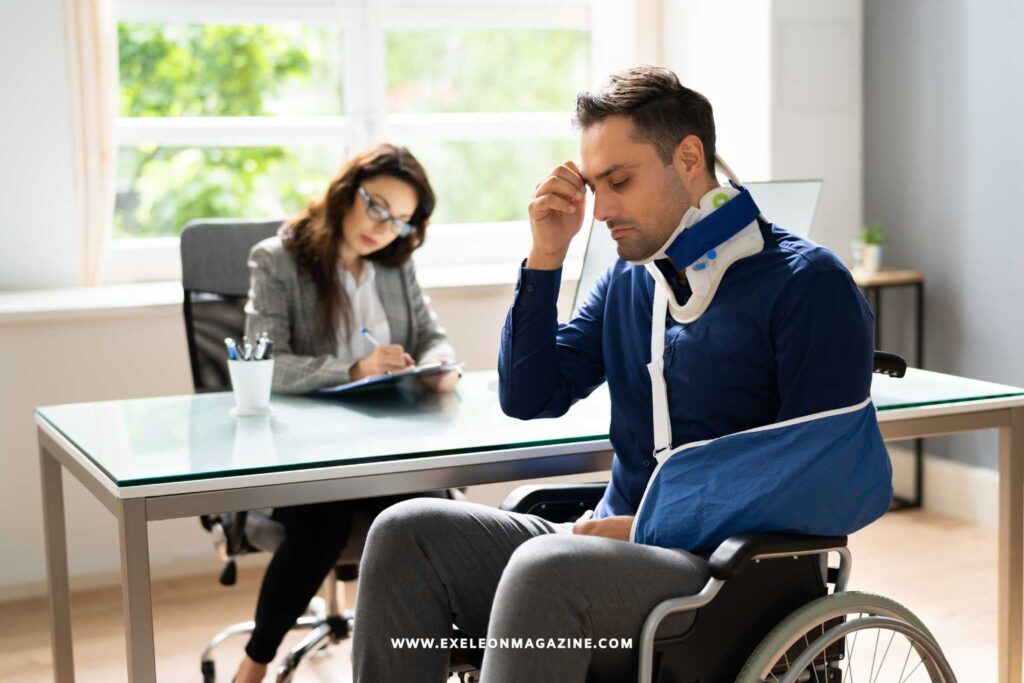Table of Contents:
- Introduction to Personal Injury Law
- The First Steps After an Injury
- Consulting with a Legal Professional
- Understanding Negligence and Liability
- The Personal Injury Claim Process
- Compensation in Personal Injury Cases
- The Role of Evidence in Personal Injury Cases
- Conclusion: Empowerment Through Knowledge
Introduction to Personal Injury Law
When understanding personal injury law, the intricacies can often seem overwhelming. Knowing your rights is critical if you’ve been injured due to a car accident, a slip and fall, or medical negligence. Many individuals feel daunted by the prospect of navigating the legal system; however, a good grounding in the basics can set the groundwork for successfully advocating one’s interests. While enlisting aid from a specialized Vero Beach law firm may be a wise decision, this guide will provide the basic framework to comprehend the personal injury claims process, ensuring that you feel informed and confident as you move forward.
The First Steps After an Injury
Immediately following an injury, specific critical steps should be undertaken without delay. Foremost is the need for medical care, not only for one’s health but also to establish a formal record of the injury and its ramifications. Similarly, the incident should be officially reported—whether to a business establishment, a property manager, or law enforcement—depending on the nature and location of the accident. Records and documentation will serve as the foundation upon which your personal injury claim can be built, and their importance cannot be overstressed. Ensure you also take ample photographs, get contact information from witnesses, and jot down as many details as possible to capture a straightforward event narrative.
Consulting with a Legal Professional
Personal injury law is a specific legal niche that requires a detailed understanding of the law and benefits from strategic assessments unique to each case. An attorney can aid you in navigating the maze of legal procedures, advise on the strengths and weaknesses of your claim, and represent you in talks with insurance companies or in court. Legal expertise is crucial when determining fault, accurately valuing your claim, and ensuring the opposing parties respect your legal rights. Forearmed with proper legal counseling, individuals can significantly enhance their chances of securing a fair outcome.
Understanding Negligence and Liability
The key to many personal injury claims is establishing the concept of negligence. This legal term refers to a failure to take reasonable care that results in damage or injury to another party. A thorough understanding of negligence and liability is foundational to determining who is responsible for an accident. Successful navigation of these terms necessitates dissecting the particulars of an incident to identify a breach in the duty of care and ultimately connecting that breach to the injuries sustained. Grasping these concepts and their applicability to your case is vital; they often play a central role in assigning legal fault and financial responsibility.
The Personal Injury Claim Process
The path toward claiming compensation for personal injury is rarely straightforward and often starts with an essential phase: filing an insurance claim. This entails preparing an array of documents and evidence that unequivocally demonstrate the injury’s impact on your life, accompanied by an apparent demand for compensation. Negotiations with insurers invariably follow and may entail several offers and counteroffers. Here, one’s prowess in presenting a solid case or the advocacy of a knowledgeable attorney can make a notable difference in the settlement’s size and terms.
Compensation in Personal Injury Cases
The chief reason for pursuing a personal injury claim is to receive just compensation, which can cover various economic and non-economic damages. Economic damages account for quantifiable losses such as medical bills, rehabilitation costs, and lost wages, while non-economic damages compensate for pain, suffering, and diminished quality of life. The nature and severity of the injury, along with its long-term repercussions, are meticulously assessed during claim valuation. Although no sum can undo the harm suffered, adequate compensation strives to restore financial health and provide a sense of justice to the injured party.
The Role of Evidence in Personal Injury Cases
Robust evidence stands at the heart of strong personal injury claims. This encompasses medical records, which should catalog every aspect of the injuries and treatments, explicit photographic evidence from the accident scene, detailed eyewitness accounts, and expert testimonies. Methodical evidence collection not only substantiates the factual basis of the claim but also reinforces the argument for the compensation you seek. The robustness of your evidence can often tip the scales in your favor, whether during settlement negotiations or, if necessary, at trial. Maintaining a well-documented evidentiary trail is one of the most crucial steps to ensure the valid presentation of your case.
Conclusion: Empowerment Through Knowledge
Engaging with personal injury law can be daunting, but it mustn’t be navigated in the dark. Arming yourself with knowledge and understanding can pave the way to empowerment and autonomy throughout your legal journey. Additional educational resources can provide further insight and support. Remember, an informed approach to personal injury claims is advantageous and promotes a sense of control in pursuing justice and fair compensation for injuries.
Key Takeaways:
- Grasp the fundamental concepts of personal injury law and one’s rights.
- Timing and documentation are critical following an injury occurrence.
- An attorney can offer invaluable help throughout the claims process.
- Evidence preservation is key for substantiating a personal injury claim.
- Understanding the nuances between settlement and trial decisions.
- Additional education and resources can empower individuals facing personal injury situations.










